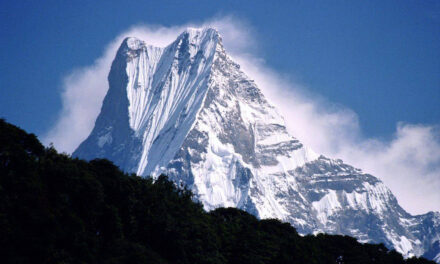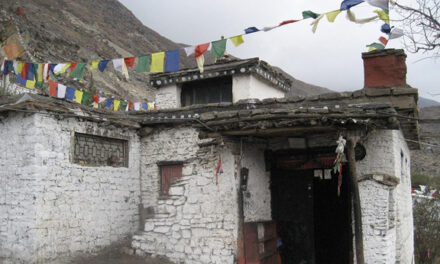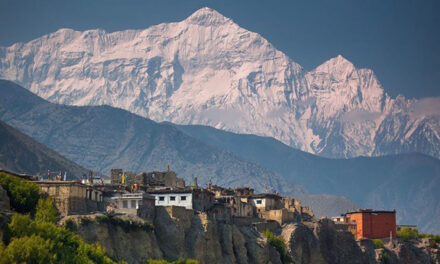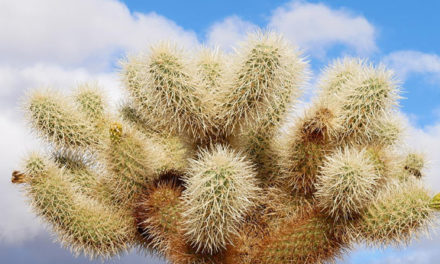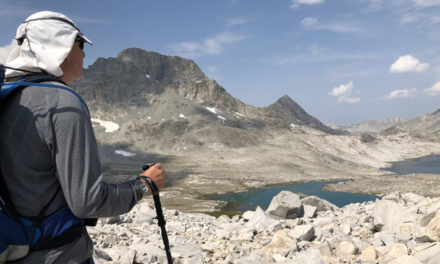Ever wonder what’s to become of your body when you die? I do. Not because I’m morbid. Nope. Well, I do read the obituaries, and I’m now over 60, but I’ve been pondering this most of my life—since I attended both of the funerals of my Dad’s parents in the 1960s, then later weighed in on how my Dad would be laid to rest after his fatal car accident in 1971. Those things stuck in my head.
Over the years I’ve attended (and participated in) funerals, memorials, scatterings, even ceremonial burnings on Indian pyres. There are so many ways to be “handled” after death, it’s mind-numbing. And each way supports its own industry.
Therein lies the rub. As industries can be, each intuitional manner of handling the dead has its industrial impact on us and the Earth we live on. It’s the same type of impact of any big industry: mass production and pollution being the typical results. But is that the goal here? Of course, the invocation of custom and reverence generally shuts down any scrutiny of those negative results.
Here are some interesting considerations:
iMortuary (http://www.imortuary.com/blog/the-environmental-impact-of-cremation/) states that every year in the United States we bury—along with our loved ones—an average of:
- 827,060 gallons of embalming fluid
- 30 million board feet of hardwoods
- 180,544,000 pounds of steel
- 5,400,000 pounds of copper and bronze
If you ask me, that’s ridiculous. Those materials are all valuable natural resources—increasingly in short supply. Are we Egyptian god-kings preserving our dead bodies so as to meet Ra in the afterlife? God-kings who snub our noses at conservation as our last mortal act?
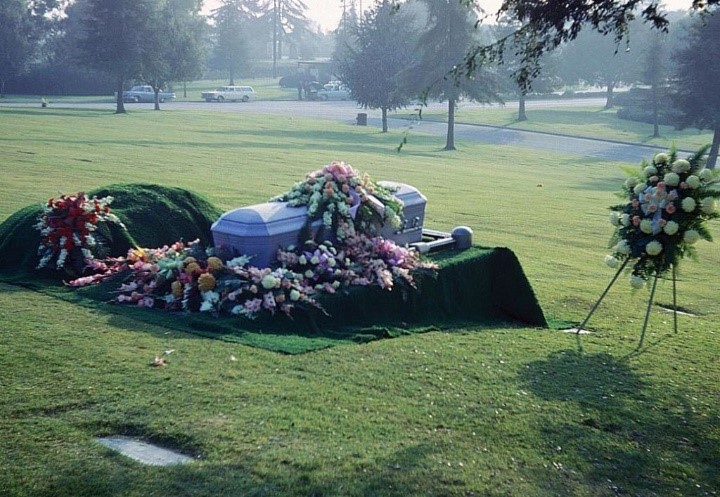
Those who don’t get buried often get burned. Of course that takes energy—fossil fuel to be precise. There’s been a lot of discussion about that, and what little sense it makes in a world using far too much fossil fuel to begin with. (For a discussion concerning the energy required to burn a human corpse, see https://www.quora.com/How-much-energy-is-required-for-a-human-cremation). For discussion about the global warming aspect, seehttp://www.desmogblog.com/cremation-ignites-global-warming-atmospheric-conflagration. (In that last link, one John Noah, “Funeral Program Facilitator” said: “The average fuel required for the cremation of a normal corpse is roughly equal to the fuel required for a 4800-mile drive.” He doesn’t say what type of vehicle might be driven all of those miles. A Prius?)
Still, the idea that cremation is somehow cleaner and greener than the Egyptian-style process of embalming and stowing a corpse in a casket is a little disingenuous—a bit like the people who tell you their expensive, chemical-filled, fossil-fuel-generated, electric-charged Teslas are environmentally friendly. Uh-huh (see https://www.quora.com/How-energy-efficient-are-electric-motors-compared-to-combustion-engines/answer/Andrew-Qian). Neither caskets nor Teslas are very “green.”
So who does it right?
Muslims don’t embalm or cremate but give the unadulterated bodies directly back to the earth. All within 24 hours. Wham bam! That seems to be all that one might strive for to end one’s life “greenly.” Yet people in this country have objected to that concept. (See what’s been said in reaction to Muslim burials: http://www.msn.com/en-us/news/us/backlash-greets-plans-for-muslim-cemeteries-across-us/ar-BBsfi3k?li=BBnbfcL).
The Japanese do things a bit differently too. After a prolonged process of honoring the deceased within the home, the body is then cooked in an oven. But only the flesh is baked away. The skeleton is left to be later removed, ground up and placed in an urn. Thus the Japanese don’t use the same excess of fossil fuel to completely incinerate the bones—they conserve a bit. Yet their conservatism is, ironically, only coincidental since it’s based upon a very ancient custom (see http://traditionscustoms.com/death-rites/japanese-funeral).
But not us. Most Americans seem to think everyone should be preserved long enough for that personal CSI forensic investigation—just in case there might have been some pre-death funny business. Maybe more Americans believe in Ra than I thought. Or perhaps all the hard-core horror fans want to look good if the zombie thing occurs and they rise up from their buried caskets in the middle of a movie set.
Notwithstanding all that, “green” burials are becoming more popular as people realize their last act shouldn’t be an exercise that wastes resources and further warms the globe (see http://www.greenburials.org/index.htm for a general explanation of “green burials). There is now even a Green Burial Council that promotes this concept and directs people to Green organizations in their respective areas (see http://www.greenburials.org/index.htm).
It seems ironic, when you think about how many folks there are who talked “green” all their lives and then ended things by having their remains either incinerated or placed in a toxic vault. It’s like saying to the Earth: “Hey, I know I said I stood for you all my years, and you may have given me all the atoms and molecules for my health and happiness, but now I’m changing my tune. I’m not giving those elements back. Sure they’re valuable materials, and they probably took billions of years of star formation and supernovas to make them usable for me, but now they’re mine. Nobody else can play with them. Mine, mine, mine.”
Hmm…
Once I’ve passed away, I can just be thrown into a hole and covered up. The bugs can come to dine on me. The atoms and molecules I’ve shared with the many creatures before me will be returned pure, not poisoned by embalming fluid or sequestered behind plastic and metal. Nor will my carbons be oxidized in a gas oven in some mortuary basement. I won’t be stingy with my elemental parts—the Earth can have them back. I’ll share, just like I told my kids to do as they were growing up. I figure I won’t need them where I’m going anyway—wherever that may be.
Steve
PS: If you think you might just bury yourself in a hole on your country property, think again. There are people (and cultures) who believe that unpredictable spirits remain close to their mortal remains. Additionally, states have all types of prohibitive laws and special permitting for burials outside of cemeteries. Burials on property to be sold have to be disclosed to the buyers, and failure to disclose can result in lawsuits—burdening those you have left behind. Burying “green” takes planning.

